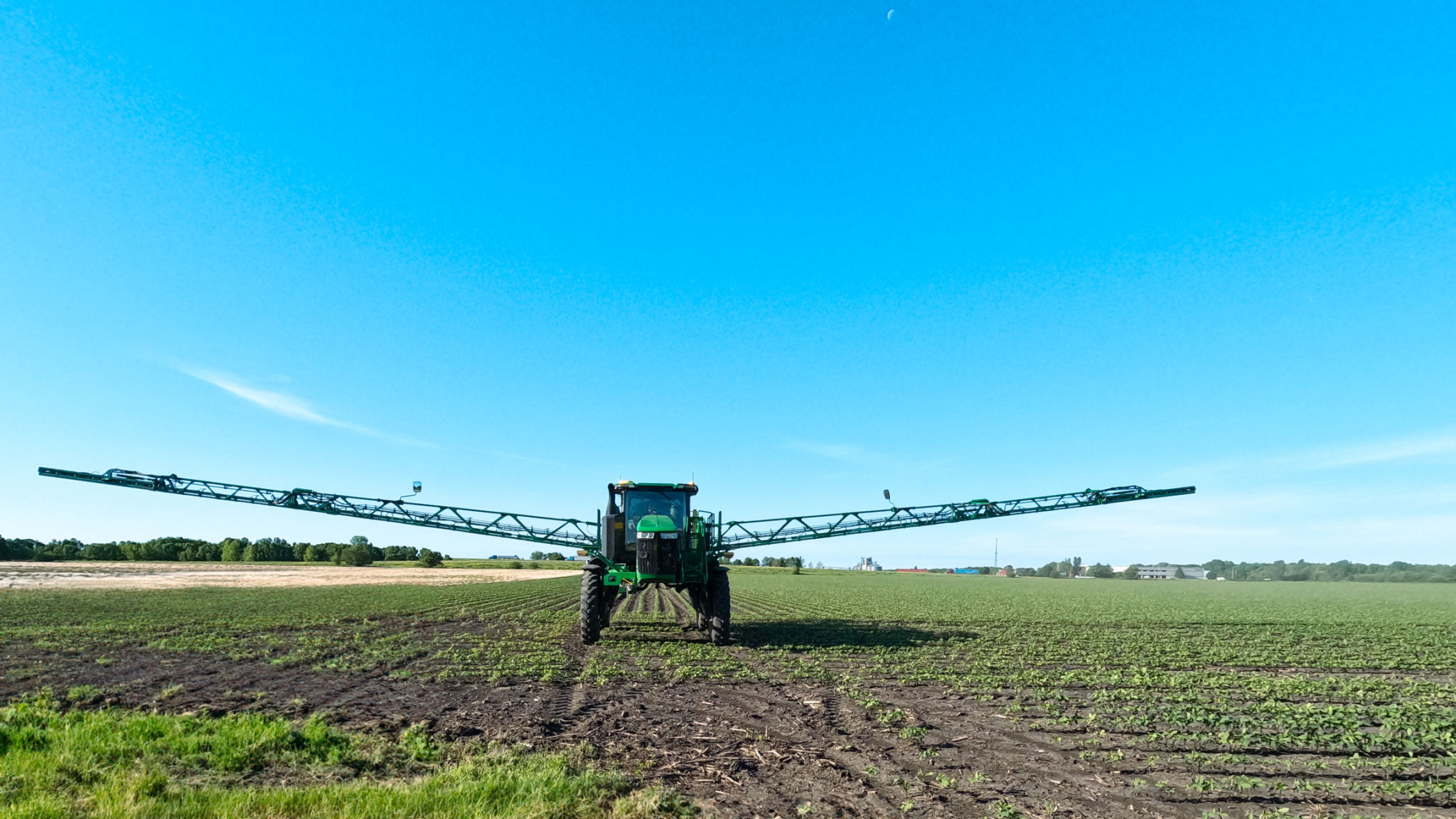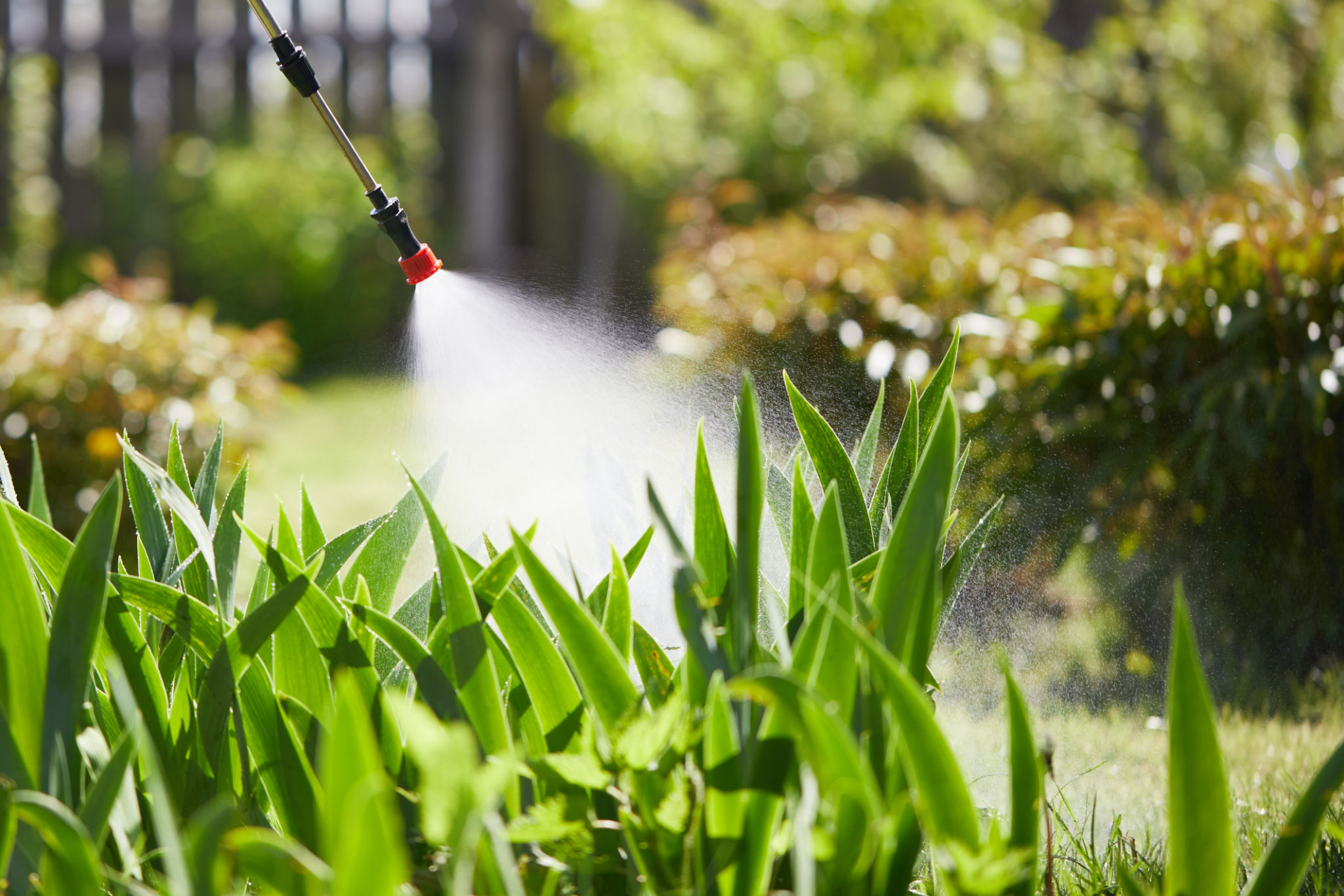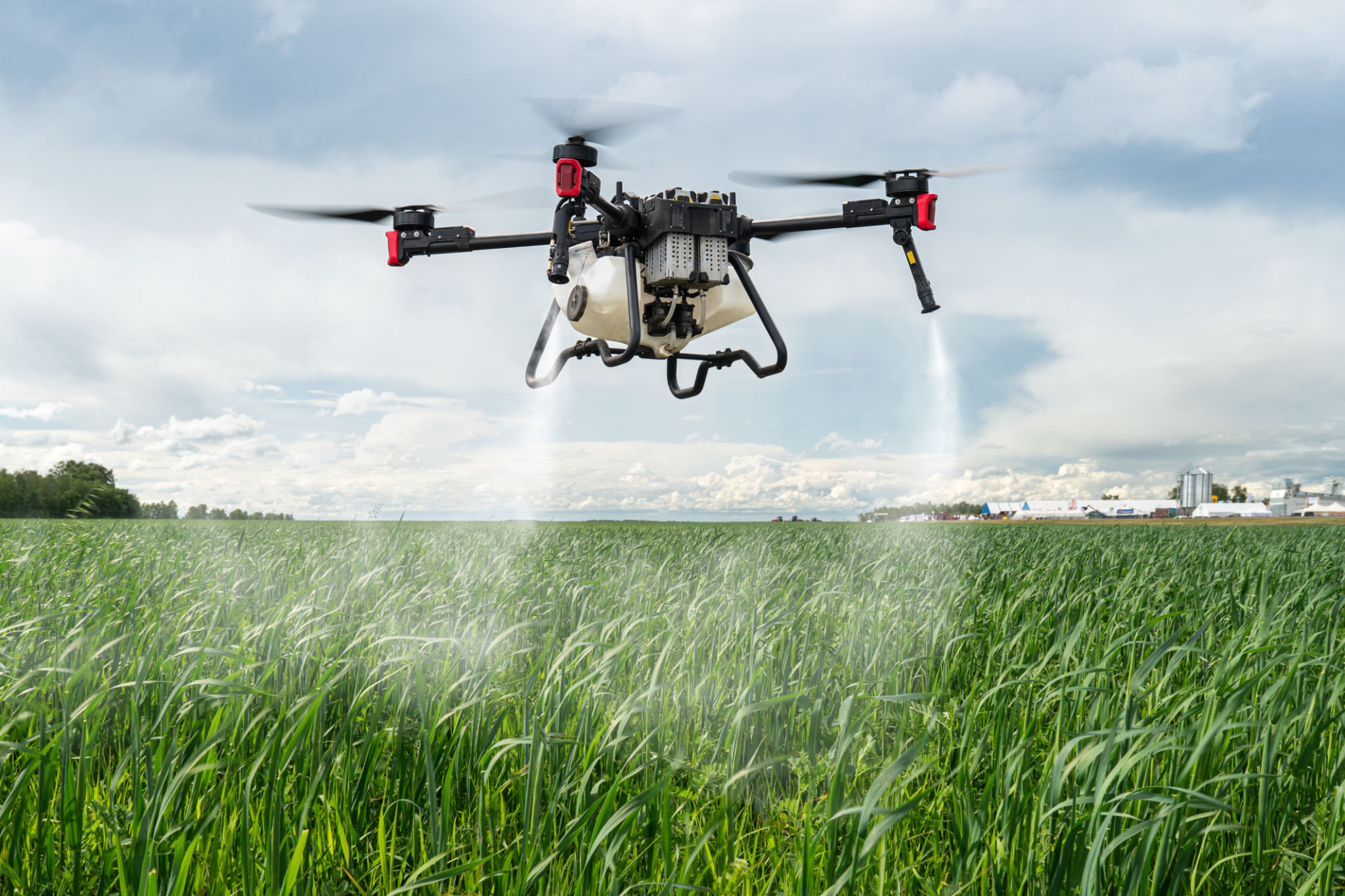Expert Insights: The Latest Trends in Pest Control Technology
Revolutionizing Pest Control with Technology
In recent years, the pest control industry has experienced a remarkable transformation, thanks to advancements in technology. These innovations are not only enhancing the efficiency of pest management but also making it more environmentally friendly. In this article, we delve into the latest trends in pest control technology and how they are reshaping the industry.

Smart Pest Monitoring Systems
One of the most significant technological advances in pest control is the advent of smart monitoring systems. These systems employ sensors and Internet of Things (IoT) technology to detect pest activity in real-time. By providing continuous monitoring, they allow for timely interventions, reducing the need for widespread pesticide applications.
Smart monitoring systems can be installed in various environments, from agricultural fields to urban areas, providing tailored solutions based on specific pest threats. The data collected is often analyzed using artificial intelligence, which helps in predicting pest trends and planning more effective control strategies.
Eco-Friendly Pest Control Solutions
As environmental concerns grow, there is a strong push towards using eco-friendly pest control methods. Biological control agents, such as beneficial insects and microorganisms, are gaining popularity as they offer a sustainable alternative to chemical pesticides. These agents target specific pests, minimizing harm to other species and reducing chemical residues in the environment.

Additionally, there are innovations in pheromone-based traps that attract and capture pests without the use of harmful substances. These traps are particularly effective for controlling moths and beetles in agricultural settings, where maintaining ecological balance is crucial.
Drones and Remote Sensing
Drones have become a valuable tool in modern pest control, offering a bird's-eye view of large areas to detect pest infestations. Equipped with high-resolution cameras and sensors, drones can quickly survey fields and identify problem areas that may require attention. This technology not only saves time but also increases accuracy in identifying pest hotspots.
Remote sensing technology further complements drone usage by providing detailed data on crop health and soil conditions. By analyzing this information, pest control professionals can develop precise intervention strategies, ensuring that treatments are applied where they are needed most.

Robotics and Automation
Robotics is another exciting trend in pest control technology. Automated robots are being developed to perform tasks such as applying treatments and monitoring pest activity autonomously. This automation allows for more precise applications and can operate in environments that may be hazardous to human workers.
The integration of robotics into pest management not only increases efficiency but also reduces labor costs, making it a cost-effective solution for large-scale operations.
The Future of Pest Control
As technology continues to evolve, the future of pest control looks promising. The integration of these advanced technologies not only improves the effectiveness of pest management but also aligns with the growing demand for sustainable practices. By embracing these innovations, the industry is better equipped to tackle the challenges posed by pests while minimizing their impact on the environment.
Overall, these technological advancements are crucial in meeting the needs of modern agriculture and urban environments. As we continue to explore new possibilities, the potential for achieving more efficient and eco-friendly pest control solutions remains vast.
